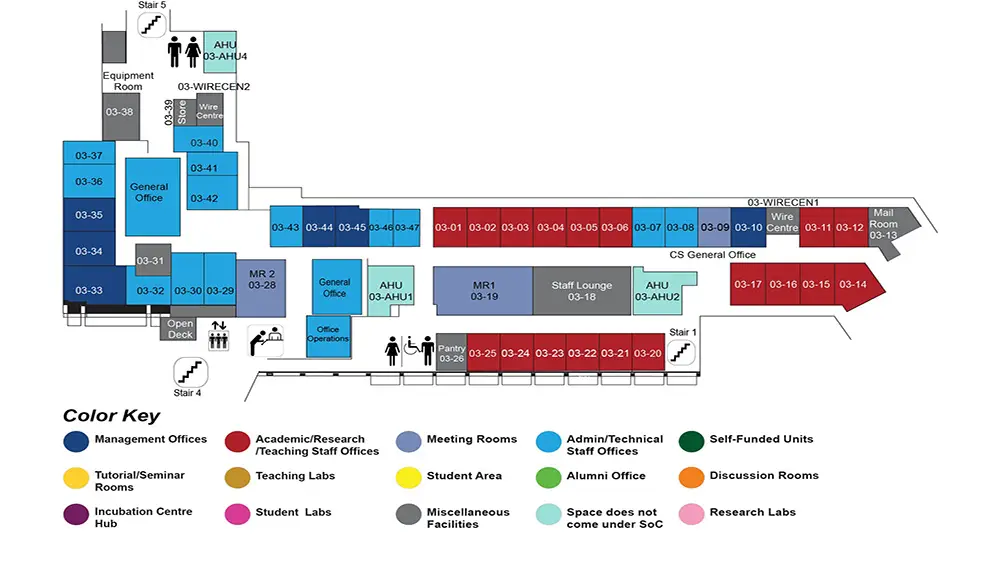Semi-lazy Learning Approach to Dynamic Spatio-Temporal Data Analysis
COM1 Level 3
MR1, COM1-03-19

Abstract:
With a wide range of applications, spatio-temporal data analysis has been a timely and popular research topic in recent years.
In this thesis, we investigate problems concerning dynamic spatio-temporal data analysis.
Data analysis methods can be categorized into two classes: the eager learning approach and the lazy learning approach. However, none of the existing approaches are able to achieve eligible performance that is suitable for dynamic spatio-temporal data analysis. Most of the studies in data analysis focus on the eager learning approach. Nevertheless, the eager learning approach fails to take the "dynamic" factor into account, which precludes its successful application in dynamic spatio-temporal data analysis. Although the literature on the lazy learning approach has shed some light on dynamic spatio-temporal data analysis, the lazy learning approach has been subjected to considerable criticism due to its undesirable performance.
The main aim of this thesis is to propose a new approach to dynamic spatio-temporal data analysis. In this regard, after carefully cogitating how the features of the eager learning and lazy learning approaches could influence analysis performance, we perceived, to our pleasure, that their strong points and weak points are just complementary.
Hence, it would be highly imperative and persuasive to adopt their strong points to contrive a new approach. Consequently, we devised a novel "semi-lazy"' learning approach which can take the "dynamic" factor into account in a similar fashion to the lazy learning approach and still keep good analysis functions like the eager learning approach. Based on the semi-lazy learning approach, we exploited three concrete dynamic spatio-temporal data analysis problems, which are trajectory prediction, time series prediction and itinerary recommendation respectively.

